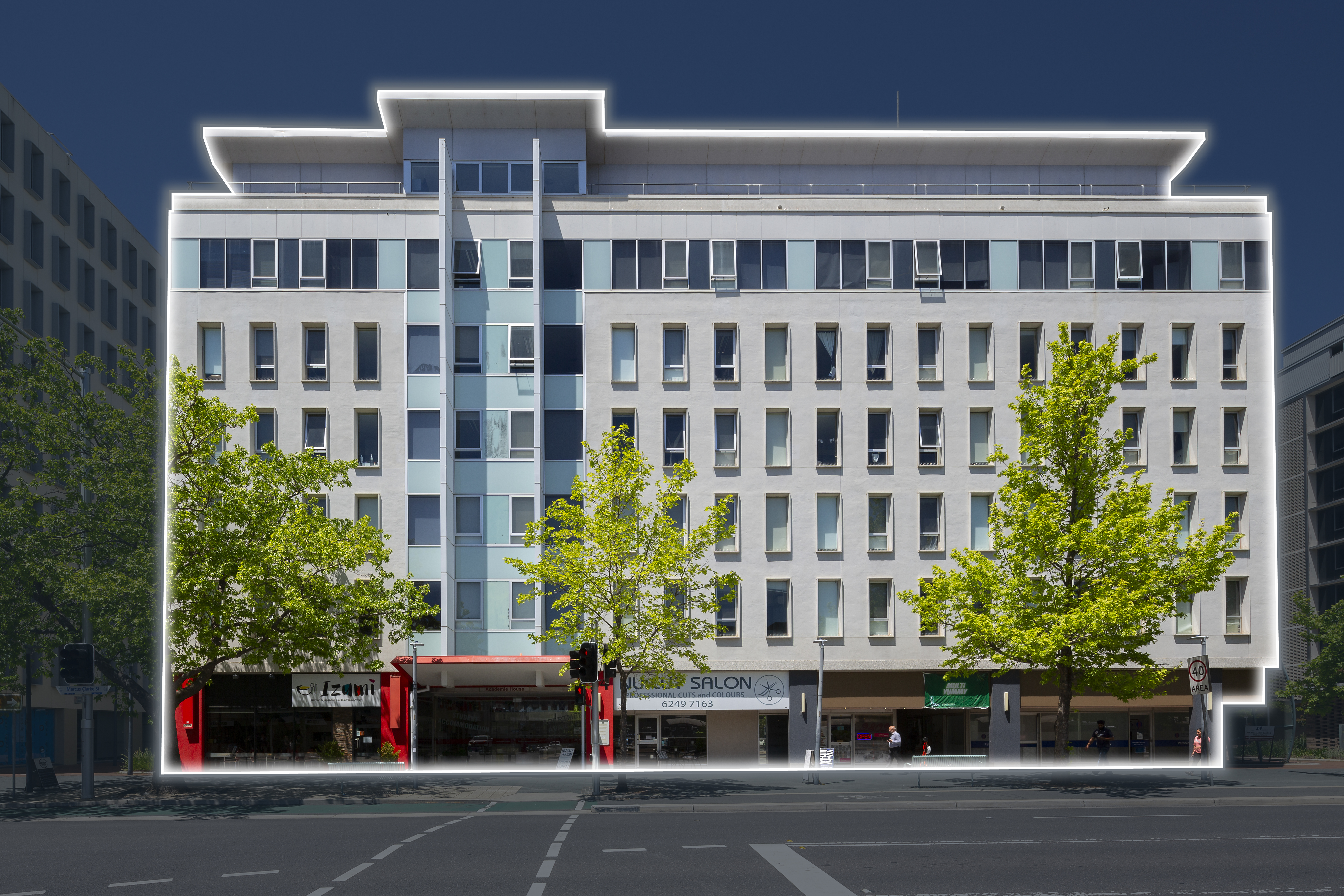Singapore's logistics drought pushes up rents, values
Investors can expect rent and value growths to persevere amid a persistent supply crunch
A record amount of logistics space has been built in Asia Pacific in 2023.
New supply in the region reached 7.3 million square metres (78.6 million square feet) in the first half of the year, up from an average of four million square metres (43.1 million square feet) per year over the past five years, according to JLL research.
But there’s one major outlier: Singapore.
One of Asia’s biggest ports is short on warehouses that can store everything from the government’s post-pandemic stockpile of medicines and food, to the expanding needs of e-commerce companies.
A big bet for relief is being placed on a massive high-tech port, but that’s not set to be completed until the 2040s.
In the meantime, rents and values are on the rise for the tenth consecutive quarter, JLL data shows. Singapore also has the third-highest logistics rental values in Asia Pacific, and the fourth-highest in logistics capital values, in the first half of 2023.
Looking for more insights? Never miss an update.
The latest news, insights and opportunities from global commercial real estate markets straight to your inbox.
“Singapore is the distribution centre between Asia Pacific and the rest of the world,” says Tan Boon Leong, Executive Director of Logistics & Industrial Leasing, Singapore, JLL. “At the heart of our logistics shortage is land.”
Supply crunch entrenched
Land scarcity lies at the heart of the sector’s persistent demand-supply gap. From 2023 to 2026, Singapore’s West Planning Region’s annual average supply pipeline is expected to fall short of the 10-year annual average net absorption by 600,000 square feet, according to JLL data.
According to Tan, the supply shortage creates competition that benefits the country’s economy. The government — through JTC, the government agency in charge of industrial development — doles out small parcels of land only to investors and end users who meet its stringent criteria, including requirements for sustainability and technology.
For example, solar panels have been made mandatory for all new and renewed facilities on JTC land.
As each parcel of land is small and market options are few, the competitive nature ensures that only businesses that can support the country’s wider goals will be awarded.
Investment Opportunities
“Who qualifies depends on what value they can add to the economy,” says Tan.
Tuas Mega Port to fuel further demand
A handful of multi-tenanted warehouses coming up for lease in 2025 will provide about 1.6 million square feet of short-term space. Several built-to-suit facilities will also be completed in the same year, adding another 2.3 million square feet of new stock. In the longer term, the bet is on the Tuas Mega Port, a S$20 billion ($14.7 billion) fully-automated container terminal currently under construction.
Slated for completion by the 2040s, it will consolidate all port operations that are currently spread across Singapore in one location in the far west of the island.
So far, between the end of 2012 — when plans for the mega port were first announced — and the first half of 2023, there has been a 74% increase in logistics properties in the area, a JLL report on the Tuas Mega Port reveals.
“We see occupiers such as third-party logistics providers increasingly relocating there even though Tuas is currently no-man’s land,” says Tan.
For example, the 2.7 million-square-foot LOGOS Tuas Logistics Hub, completed in 2022, counts Maersk and DB Schenker among notable tenants. Toll Group’s 1.1 million-square-foot Toll City, completed in 2017, stands as a seven-storey intelligent ramp-up warehouse.
“Once sufficient amenities are in place, Tuas will attract supporting industries that may be more labour-intensive, including manufacturing, research, and pharmaceuticals,” says Tan.
While the stock increase is expected ease some existing demand, Tan foresees that new interest in the Tuas Mega Port may put more pressure on the persistent supply crunch.
“Once investors see it as a magnet for growth, the increase in supply may not be able to meet the boom in new requirements,” says Tan.
Contact Tan Boon Leong
Executive Director of Logistics & Industrial Leasing, SingaporeWhat’s your investment ambition?
Uncover opportunities and capital sources all over the world and discover how we can help you achieve your investment goals.




